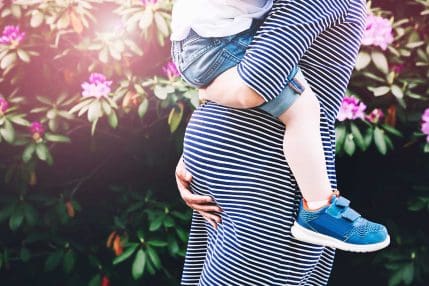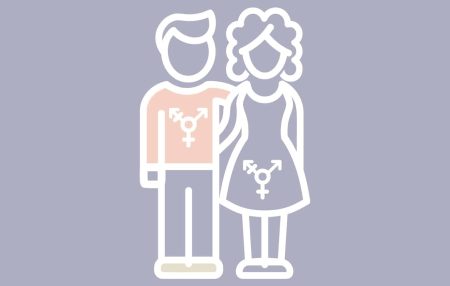28 May 2021
In my previous blog “Surrogacy under strain” I explained that before the Covid-19 pandemic, we had seen a consistent upwards trend in surrogacy arrangements and increasing numbers of parental orders being granted in England and Wales. In 2011, a total of 117 parental orders were granted, increasing to 374 in 2018 and 444 in 2019. However, Ministry of Justice figures for the whole of 2020 now record that there were just 421 parental orders granted in England and Wales during 2020. This represents a five percent decrease on 2019 figures and the first visible decline in surrogacy (encompassing both UK and international surrogacy arrangements) over the last decade.
Given the disruption and loss caused by the ongoing Covid-19 pandemic, this is perhaps not surprising. The UK has been hit hard by the pandemic. It brought fertility treatment to a halt during the first national lockdown in 2020 and many people encountered delays and disruption to their family building and fertility treatment plans last year. The fact that there was only a five percent decrease in parental orders granted in England and Wales during 2020 is testament to just how much determination and resilience was shown by intended parents, surrogates and fertility clinics.
Given that surrogacy was under strain and fell into decline last year, it raises various questions looking ahead. Will surrogacy (both in the UK and internationally) continue to be under pressure this year? Will our national vaccination programme and healthcare policy impact surrogacy during 2021? Latest advice as at May 2021 from the Joint Committee on Vaccination and Immunisation (JCVI) is that COVID-19 vaccines should be offered to pregnant women at the same time as the rest of the population, based on their age and clinical risk group. Women should not stop breastfeeding in order to be vaccinated against Covid-19 and women traying to become pregnant do not need to avoid pregnancy after vaccination as there is no evidence that Covid-19 vaccines will affect fertility. Whilst this latest JCVI guidance on Covid-19 and pregnancy is positive, it does raise questions about whether surrogates will seek to delay carrying a surrogate pregnancy until they are fully vaccinated? Will the vaccination status of a potential surrogate impact decision-making by intended parents? Will the risk of mutations in the virus which could undermine the efficacy of current Covid-19 vaccines influence the terms and timeframes of surrogacy arrangements?
The ongoing travel restrictions and obstacles arising from the ongoing Covid-19 pandemic, together with the spread of new variants like the Indian strain also continue to challenge international surrogacy arrangements. International travel is still fraught with challenges and it remains an evolving picture. Border restrictions, Covid-19 testing requirements, quarantine measures and travel insurance cover continue to be subject to rapid change as we navigate through this pandemic. This makes it harder to plan and follow through with international surrogacy arrangements and fertility treatment at the current time.
The unprecedented scale of disruption and change happening around us means it has never been more important to proactively manage our health, fertility, personal and family arrangements. The Covid-19 pandemic creates a range of wider questions too. Should I delay starting a family to see what happens to my job as a result of this pandemic? What are my options for having a baby if my relationship fails due to a change in circumstances? Should I take the next step with my partner in these uncertain times and try for a baby? Should I think about importing my frozen eggs, sperm or embryos into the UK for use in fertility treatment? What will happen to my family building wishes and frozen embryos if my partner dies unexpectedly?




